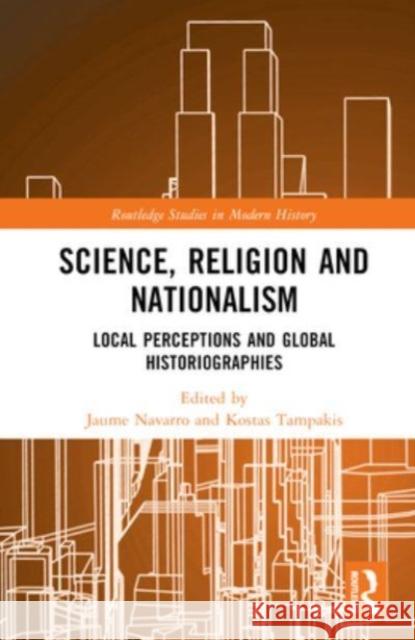Science, Religion and Nationalism » książka
topmenu
Science, Religion and Nationalism
ISBN-13: 9781032320618 / Angielski / Twarda / 2023 / 296 str.
Science, Religion and Nationalism
ISBN-13: 9781032320618 / Angielski / Twarda / 2023 / 296 str.
cena 707,28
(netto: 673,60 VAT: 5%)
Najniższa cena z 30 dni: 654,86
(netto: 673,60 VAT: 5%)
Najniższa cena z 30 dni: 654,86
Termin realizacji zamówienia:
ok. 22 dni roboczych
Dostawa w 2026 r.
ok. 22 dni roboczych
Dostawa w 2026 r.
Darmowa dostawa!
The book illuminate the processes by which religious myths and institutions were largely substituted by stories of progress in science and technology which often contributed to nationalistic ideologies.











